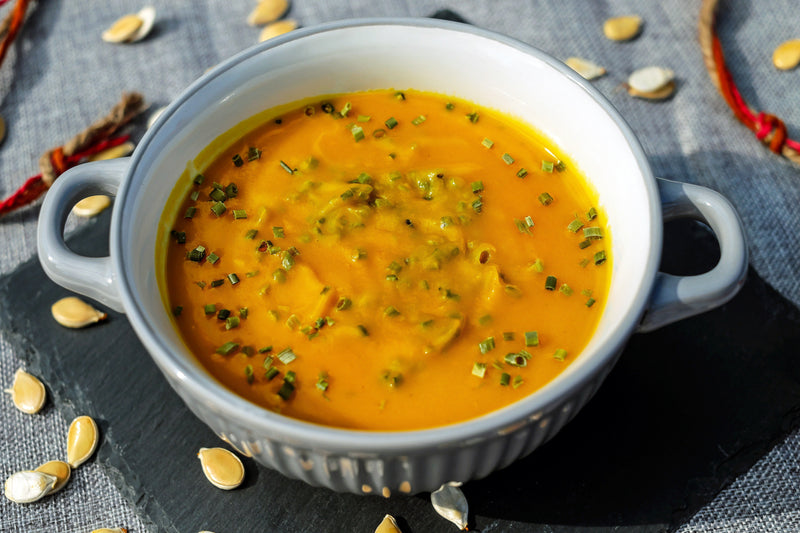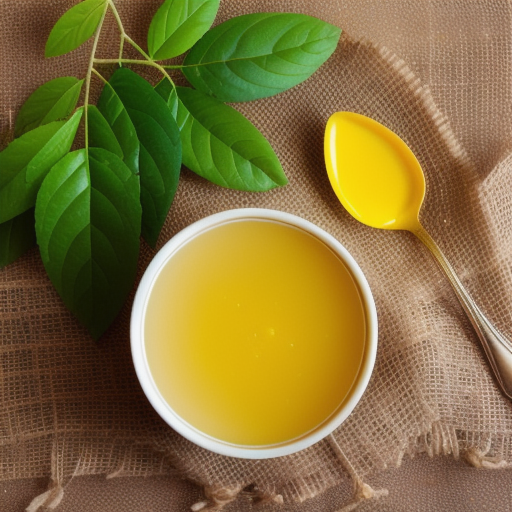Vata Dosha | Pitta Dosha | Kapha Dosha | Sattva Guna | Rajas Guna | Tamas Guna
Ayurveda is around 5000 years old all-natural, holistic health science from Ancient India. It is a system that gives guidance on what is wholesome and unwholesome, on that which brings happiness or unhappiness to life. In today’s world, it is considered as a system of Alternative Medicine.
According to Ayurveda, a healthy body, mind and spirit is essential to achieve the purpose of life, which is: Dharma (path of righteousness), Artha (earning in righteous way for living), Kama (fulfilling our desires) and Moksha (achieving salvation).
In Ayurvedic principles, everything in this Universe is made up of five great elements called Pancha Mahabhutas. They are listed below along with their principle :
- Earth | Prithvi - stability, form and structure
- Water | Aap - liquidity and cohesion
- Fire | Tejas - heat, light, illumination and conversion
- Air | Vāyu - movement
- Ether | Ākasha - nothingness, non-resistance. It is the medium in which the other elements / Bhutas manifest.
These five elements | Mahabhutas combine in certain combinations to give rise to the three functional energies of the body, called Tridoshas - Vata, Piita and Kapha Doshas :
Every living being has either any or a combination of these three functional energies as their innate body constitution known as Prakriti , in Ayurveda. When either of Vata Dosha, Pitta Dosha and/or Kapha Dosha deviates from the balanced state in a body, it is known as Vikriti or imbalance in the body. The three Doshas can either sustain or destroy the body when they are normal and abnormal respectively. Ayurvedic healing is about bringing the Doshas back into their original state in any individual.
What is Vata Dosha
Vata Dosha comprises the Air | Vayu and Ether | Ākasha elements. Vata is the energy of action, movement, dynamism and transportation with dry, rough, light, cold, subtle and mobile qualities. It is the moving force behind everything, including Pitta and Kapha. Vata dosha expression is seen as inhalation, exhalation, enthusiasm, movement of thoughts, motor functions, natural urges, to name a few.
What is Pitta Dosha
Pitta dosha consists of Fire | Tejas and Water | Aap elements. Pitta is the energy of transformation, heat, light, conversion and digestion. Pitta helps to protect from excess heat and cold, be confident, have clear vision, think, discriminate and give luster to the skin. Its qualities are Oily, sharp, hot, light, acidic, spreading and liquid. Pitta dosha expression is seen as Complexion, digestion, body temperature, desire, hunger, thirst, vision, intellect, courage and softness.
What is Kapha Dosha
Kapha dosha comprises the Water | Aap and Earth | Prithvi. Kapha is the energy of building, lubricating and nourishing. It helps to feel calm, content and grounded. It nourishes all the cells in the body, builds tissue and lubricates the joints and airways. Its qualities are moist, cold, heavy, static, sticky, soft, cloudy, slow and smooth. The Kapha dosha expression is seen as stability, unctuousness, integrity of joints, patience, mental stability and physical strength.
Just as the three Doshas constitute the bodily functional energies, there are three states of the Mind called Gunas, known as:
These three Gunas are the conscious forces through which the Prakriti (Nature) functions. Among the three Gunas, Rajas and Tamas are called the mental Doshas, because they can cause disease, if imbalanced.
What is Sattva Guna
Sattva Guna is responsible for clarity, purity and knowledge. It is pure, illuminating and good. This leads to mental clarity and serenity. Individuals with a Sattvic mind are kind, compassionate, loving, forgiving, truthful, intelligent and strong. The influence of Sattva can elevate all the Doshas. The Sattva qualities can remove negative qualities of the mind, purify it and move it towards more positive qualities.
What is Rajas Guna
Rajas Guna is responsible for action, mobility and stimulus. This makes an individual active, energetic, tense, goal driven, etc. Individuals with a Rajasic mind are motivated to achieve power, control and dominance. It is directed outward causing egoistic actions. They are egoistic, self-centered, greedy, angry, lustful, violent and anxious.
What is Tamas Guna
Tamas Guna is responsible for heaviness, dullness, darkness, inactivity, inertia, excessive sleep and ignorance. It obstructs and counteracts the tendency of Rajas to work and Sattva to reveal. Individuals with a Tamasic state of mind are fearful, depressed, dull, miserable, delusional and lack awareness.
The goal in Ayurveda is to attain a Sattvic state of mind by following the guiding principles for a healthy body and mind. Ayurvedic healing says that the healer is you and Nature has the resources needed to heal you. An Ayurvedic Practitioner’s role is to support your healing journey with the help from Nature.
Connect with an Ayurvedic Practitioner at Prakriti Sattva LLC to find your Prakriti / Body Constitution and learn how to develop a personalized diet, lifestyle (with Yoga) and herbal plan based on you individual state of body, mind and spirit.
*Editor’s Note: This post is not medically qualified. This post is written by an Ayurvedic Wellness Practitioner. The information in this article is intended for your educational use only and is not a substitute for professional medical advice, diagnosis, or treatment. Always seek the advice of your physician or other qualified health providers with any questions you may have regarding a medical condition and before undertaking any diet, supplement, fitness, or other health programs.

























